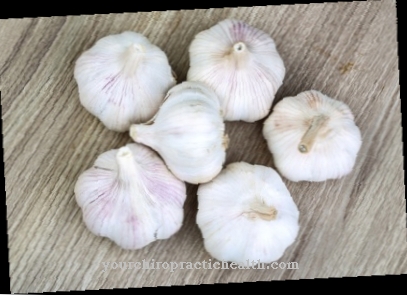Cough Syrup are medicines that are given orally to relieve symptoms of coughing. It is mostly a syrup or juice-like agent. A distinction is made between cough syrup, which has a cough-relieving effect, and those which have a secretion-dissolving effect. The cough suppressant cough syrup is used for unproductive coughing and is supposed to suppress it. If the mucus is stuck, cough syrup that dissolves the secretion is used.
Cough syrup for coughs, colds and bronchitis

Cough Syrup is intended to support the human lungs in cases of illness. This is there to take in and pass on 10,000 to 15,000 liters of air every day. If foreign substances have penetrated the lungs, the natural reflex of the cough comes into play. The foreign matter is thrown out of the lungs at great speed, together with a lot of air.
In the case of a respiratory disease, the lungs try to get rid of the mucus in this way. Regular coughing, however, is very nerve-wracking, disrupts sleep, and is also not always productive. For these reasons, it can make sense to take cough syrup. The cough syrup can have different effects depending on the different ingredients.
Since respiratory diseases are often caused by bacteria, an anti-germ effect is very beneficial. To prevent constant coughing stimulus, a cough syrup with antispasmodic ingredients should be selected.
Since a cough is often accompanied by inflammation of the airways, an anti-inflammatory cough syrup can also be used to treat the inflammation.
If the person concerned suffers from thick mucus that is difficult or impossible to cough up, cough syrup that liquefies the cough, which promotes coughing, is advisable.
Due to the versatile fields of application of cough syrup, it is used for almost all respiratory diseases. Regardless of whether it is pseudo croup, whooping cough, acute bronchitis, a flu-like infection or a simple cold, cough syrup can alleviate the symptoms.
Herbal, natural & pharmaceutical cough syrup
At Cough Syrup there are different types. A distinction must be made between cough syrup on a natural, herbal, homeopathic and chemical-pharmaceutical basis.
Natural-based cough syrup makes use of the natural antitussive properties of various substances, such as fennel honey or syrup made from sugared onions. Herbal cough syrup draws on the positive properties of various plants. For example, marshmallow, coltsfoot, ribwort, mallow and Icelandic moss have a cough-relieving effect. In contrast, thyme, ivy and licorice can be used to dissolve the secretion.
Homeopathic remedies, on the other hand, try to stimulate the body to help itself. Therefore, homeopathic cough syrup should only be taken until the cough has resolved. Depending on the type of cough, Bryonia, Pulsatilla, Belladonna and the like can be used here.
Chemical-pharmaceutical cough syrup tries to harness the power of artificially produced substances. Dextromethorphan, or DXM for short, is used in most over-the-counter cough syrups. DXM has a strong cough suppressant effect.
You can find your medication here
➔ Medicines against coughs and coldsRisks & side effects
With a natural or herbal one Cough Syrup there are no risks or side effects.
With homeopathic cough syrup, intolerance can occasionally occur. Existing hyperthyroidism can also increase. In this case, the remedy is to be withdrawn.
Chemical cough syrup can cause various side effects such as tiredness, dizziness, itching, nausea, or vomiting.
Even over-the-counter cough syrups in high doses can lead to cardiac arrhythmias and hallucinations. You should therefore also pay attention to the dosage instructions for non-prescription cough syrup.
























.jpg)



